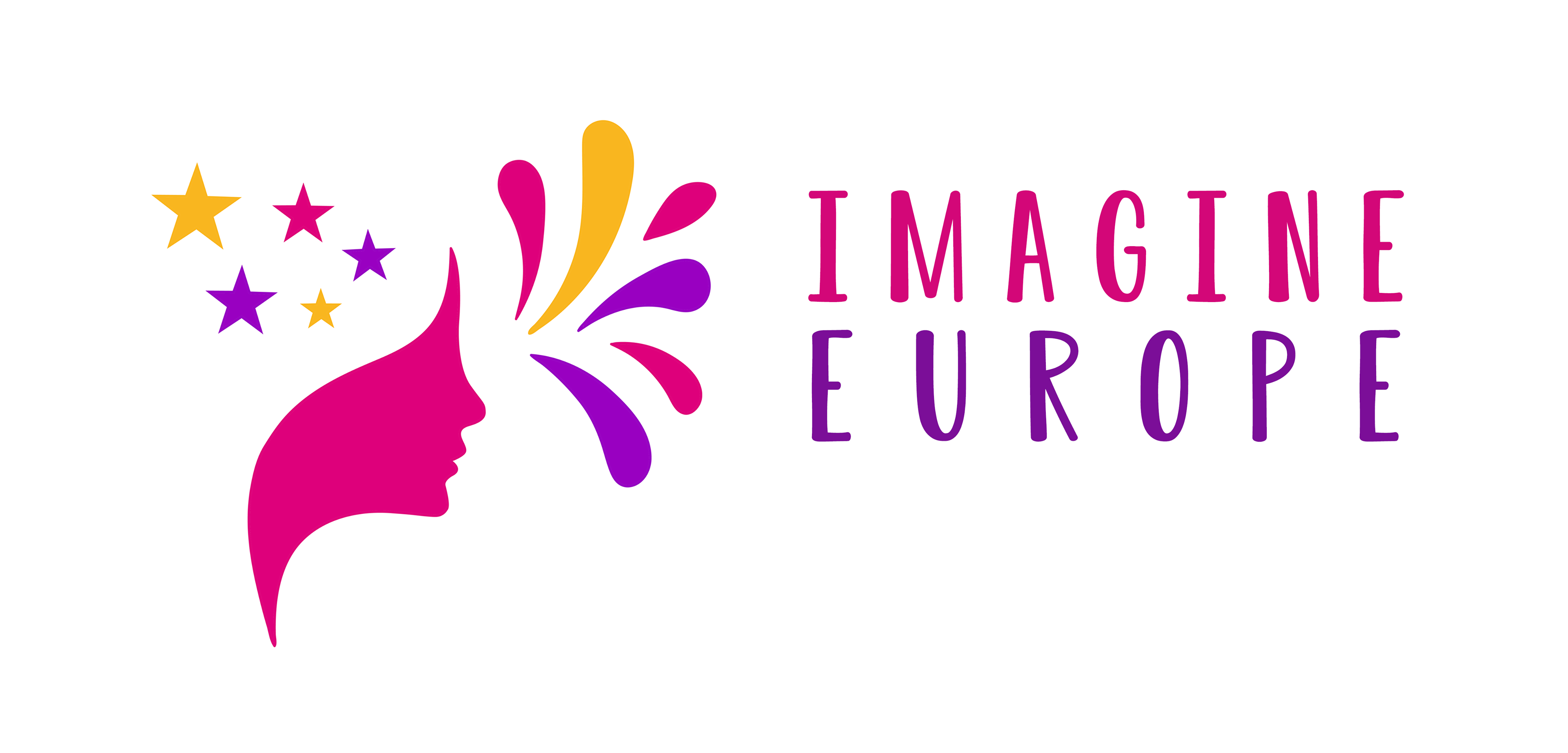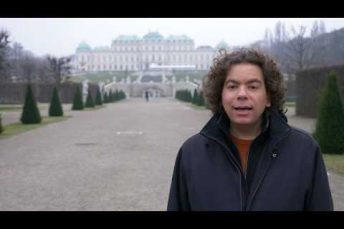Democracy, freedom, equality, the rule of the law and respect for human rights and dignity. These shared values are the foundation of the European Union. European people and societies are connected by them. They form the ground, which all European Institutions should base their decisions and actions on. However, the reality of the EU drastically deviates from these ideals. Due to a prioritisation of individual interests of the member states, it is almost impossible to find cooperative solutions to common issues. With its somewhat inflexible rules, the EU is unable to successfully adapt to new circumstances through significant structural reforms and can, therefore, not prevail in a globalised ever-changing world.
The necessary structural reforms that the EU must undertake should result in a wider representation of the diversity of the European people in the institutions and promote more equality amongst member states. A right of initiative for the European Parliament, as the main body representing the people, is one of the indispensable changes that should be made. Furthermore, the European cities and regions must be granted more influence into the decision-making process. The structural reforms, which I will not discuss in detail here, must be diligently and sustainably implemented. Yet, is crucial that the EU never reaches a finite state, but rather remains open for improvement and adaptation, in accordance to its shared values.
It is vital that the EU goes with the “Zeitgeist” of the digital age. I therefore propose the creation of an App for the European people and their representatives. It must be free to use, easily accessible, and available in all 24 official languages. This App could function as a central platform to live-stream debates within the institutions. Through a function for virtual applause and a comment section, users could interact with each other and politicians during the debates and express their opinion. It should provide reliable information and moreover give daily briefings on what is happening throughout the EU. Furthermore, it could be used to mobilise support for citizens’ initiatives. The App would increase the transparency of decision-making processes, promote a transnational dialogue, and strengthen the legitimacy of the EU. Hence, a sense of connectedness with the European Union – its people, institutions and values- could be fostered.
Democracy, freedom, equality, the rule of the law and respect for human rights and dignity. These shared values are the foundation of the European Union. European people and societies are connected by them. They form the ground, which all European Institutions should base their decisions and actions on. However, the reality of the EU drastically deviates from these ideals. Due to a prioritisation of individual interests of the member states, it is almost impossible to find cooperative solutions to common issues. With its somewhat inflexible rules, the EU is unable to successfully adapt to new circumstances through significant structural reforms and can, therefore, not prevail in a globalised ever-changing world.
The necessary structural reforms that the EU must undertake should result in a wider representation of the diversity of the European people in the institutions and promote more equality amongst member states. A right of initiative for the European Parliament, as the main body representing the people, is one of the indispensable changes that should be made. Furthermore, the European cities and regions must be granted more influence into the decision-making process. The structural reforms, which I will not discuss in detail here, must be diligently and sustainably implemented. Yet, is crucial that the EU never reaches a finite state, but rather remains open for improvement and adaptation, in accordance to its shared values.
It is vital that the EU goes with the “Zeitgeist” of the digital age. I therefore propose the creation of an App for the European people and their representatives. It must be free to use, easily accessible, and available in all 24 official languages. This App could function as a central platform to live-stream debates within the institutions. Through a function for virtual applause and a comment section, users could interact with each other and politicians during the debates and express their opinion. It should provide reliable information and moreover give daily briefings on what is happening throughout the EU. Furthermore, it could be used to mobilise support for citizens’ initiatives. The App would increase the transparency of decision-making processes, promote a transnational dialogue, and strengthen the legitimacy of the EU. Hence, a sense of connectedness with the European Union – its people, institutions and values- could be fostered.
The EU today is often perceived as a group of bureaucrats and technocrats that is continuously distancing itself from the actual people living in it. Like cells, which constitute a body, all citizens living in member states are integral parts of the EU. Their persistent involvement in European politics and events is crucial, as a body cannot function without active cells. Hence, we must find ways to give each individual the opportunity to actively participate in EU-politics and shape the European future, not only through regular elections, but on a daily basis. The app is a possibility to animate the cells and revive the body with solidarity, pluralism, tolerance, justice, and equality.





Add comment